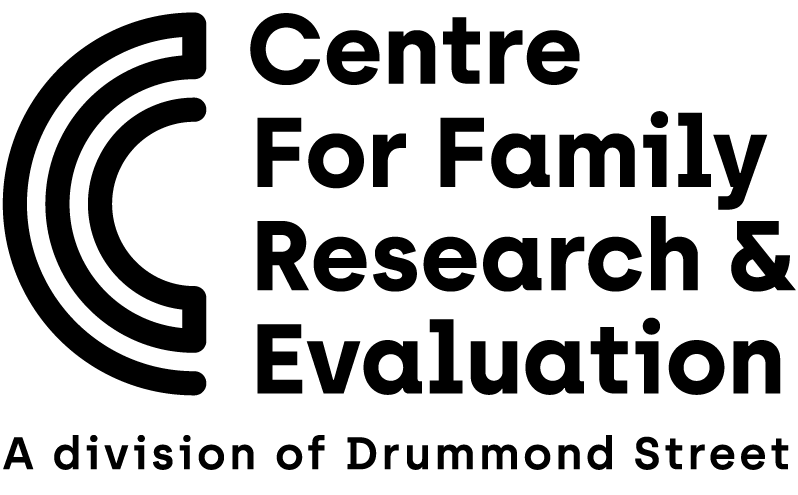What we offer
Our training, capacity building, and consulting services at Drummond Street and CFRE are informed by research and evidence grounded in best practice as well as privileging lived experience knowledge. We utilise co-production approach to our work to ensure that our services and outcomes meet the needs of target audiences. Our team of experienced trainers and consultants bring a range of skills and knowledge across disciplines including evaluation, family therapy, public health, social work, implementation and change management and lived experience from diverse intersectional backgrounds including LGBTIQ+.
Training in your workplace
Our training can be customised to meet the learning goals and organisational requirements of your team.
Consulting Services
Our specialist team of consultants can work with your staff to build capacity in a range of areas, by providing advice, facilitating workshops, and engaging your team in organisational readiness, practice change and implementation activities.
Our approach
- Focus on organisational readiness and implementation support
- Centring of lived experience perspectives
- Whole of Service response
- Intersectional person-centred approach
- Supporting practitioners and organisations to hold a space for the whole person
- Whole-of-family approaches
We offer capacity building, training, and consulting across:



